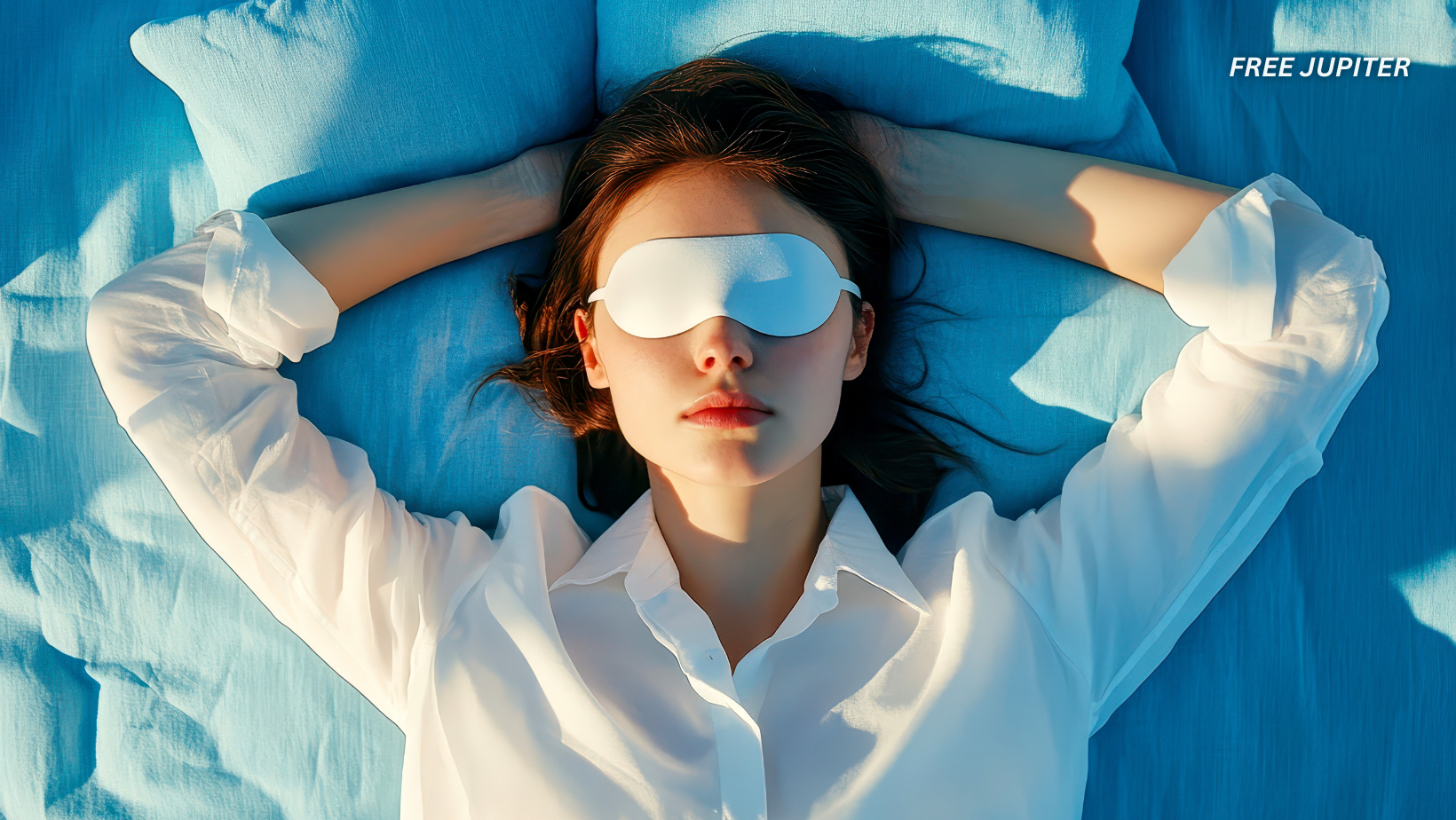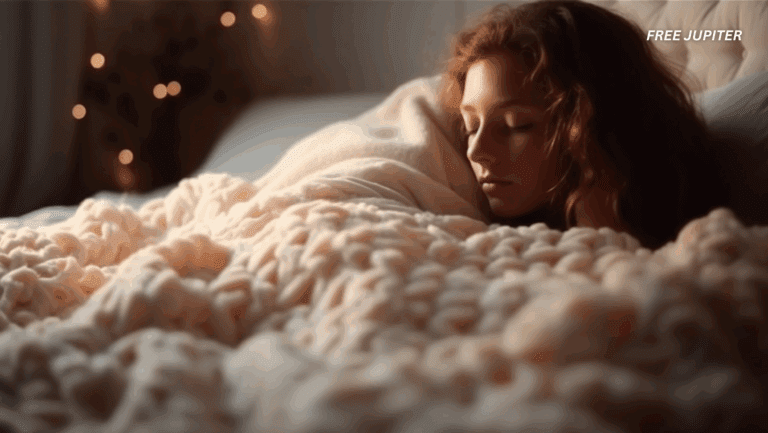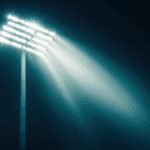If you’ve ever dozed off mid-email or found yourself nodding off during a Zoom call, you’re not alone. According to the CDC, about 1 in 3 adults in the U.S. aren’t getting enough quality sleep. And if you’ve already tried cutting out late-night snacks, ditching that post-dinner wine, or switching to decaf after lunch—and still feel like a zombie by morning—it might be time to look outside. Literally.
Sleep doctors say there’s one easy, overlooked afternoon habit that could help you sleep better at night: soaking up some sunshine.
☀️ Why a Bit of Afternoon Sunlight Can Do Wonders for Your Sleep
1. It Syncs Up Your Body Clock
Your body has a built-in timer called the circadian rhythm—basically, it tells you when to wake up and when to wind down. According to sleep specialist Dr. Raj Dasgupta, catching natural light—especially between 1 p.m. and 3 p.m.—helps anchor that internal clock. It sends your brain a “Hey, it’s daytime!” message, which makes it easier to get sleepy at the right time later.
Think of it like setting your phone to the right time zone after a long flight. If your rhythm’s off, your body doesn’t know when to rest. That’s why during the pandemic, when many people stayed inside more, sleep patterns went a little haywire—even if they stayed in bed longer.
2. Sunshine Helps Your Body Make Vitamin D
Vitamin D isn’t just for strong bones—it also plays a role in how well you sleep. While you can get it from foods like salmon or fortified milk, one of the most efficient ways to boost it is with direct sunlight. A study found that just 30 minutes of sunlight around midday helped both young and older adults increase their vitamin D levels. That afternoon walk could be giving your brain a bedtime boost without you even realizing it.
3. It Gets You Moving (Bonus Perk!)
Movement and light? That’s a two-for-one deal. Sleep researcher Dr. Marie-Pierre St-Onge explains that light exposure during the day keeps you alert—and if you’re moving while doing it, like taking a quick walk outside, your sleep gets an even bigger boost. Regular daytime exercise helps people fall asleep faster and sleep more soundly.
So, instead of fighting the 3 p.m. slump with another coffee, try a 10-minute walk around the block. You’ll wake up your brain and set yourself up for better rest later.
Read more: Experts Say This One Simple Emotion Is What Gives Life True Meaning—And It’s Not Happiness
4. It Makes Your Brain Sharper
Still tempted to take that afternoon nap under your desk? Try this: sit by a sunny window or take a meeting outside. A study found that office workers who had more sunlight exposure not only slept 37 minutes longer at night but also performed better on tests that measured decision-making and problem-solving skills.
Even if you don’t have a window seat, just stepping outside or rearranging your workspace to catch a bit more light can help.
🌙 Want Even Better Sleep? Add These Habits to Your Routine
Afternoon sunshine may be your new secret weapon for better sleep—but why stop there? Building a truly sleep-friendly lifestyle means looking at the whole picture. That includes what you eat, when you move, how you unwind, and even the way you scroll through your phone (or ideally, how you don’t scroll before bed).
So, if you want to take your rest game from “barely functioning” to “I woke up before my alarm feeling amazing,” here are a few other smart, science-supported sleep strategies to try:
☕ 1. Limit Caffeine Intake After 2 p.m.
Ah, caffeine—the daytime hero and nighttime villain. While your 2 p.m. iced coffee might seem harmless, caffeine lingers in your bloodstream far longer than you’d think. It works by blocking adenosine, a chemical that builds up in your brain throughout the day and tells your body, “Hey, you’re getting tired!”
The catch? It takes your body 4 to 6 hours to process half the caffeine you consume—which means that latte at 2 p.m. could still be buzzing through your system come 8 p.m. or later, making it harder for you to wind down.
✅ Better idea: Try swapping your afternoon coffee with herbal teas like chamomile, rooibos, or lemon balm. These are naturally caffeine-free and may even promote relaxation. If you still need a brain boost, try a short walk, a power nap (20 minutes max!), or even a cold splash of water on your face.
Read more: Psychologist Reveals the Manipulative Trick Narcissists Use to Always Get Their Way
⏰ 2. Set a Consistent Sleep Schedule
Your body loves routine. It thrives on predictability—especially when it comes to your sleep-wake cycle. Going to bed and waking up at roughly the same time every day (yes, even on weekends) helps reinforce your circadian rhythm, making it easier to fall asleep and wake up naturally.
This regularity trains your internal clock, much like watering a plant on a set schedule. When your brain knows when to expect sleep, it starts prepping—releasing melatonin (the sleep hormone), lowering your core temperature, and relaxing your muscles.
🎯 Goal: Aim to go to bed and wake up within the same 30-minute window daily. If your weekend schedule tends to slide into 2 a.m. territory, try reining it in gradually—15 minutes earlier each night—until you’re back on track.
🍽️ 3. Stop Eating Three Hours Before Bed
Late-night snacking might feel comforting, but your digestive system doesn’t love pulling an overnight shift. Eating close to bedtime can keep your stomach active when it should be winding down, which may cause acid reflux, bloating, and disrupted sleep.
It also means your body is busy digesting instead of focusing on essential overnight tasks like cell repair, hormone regulation, and brain detoxification.
😴 Sleep-smart tip: Try to finish your last full meal 2.5 to 3 hours before sleep. If you’re genuinely hungry later, go for a light, sleep-friendly snack—like a small banana with almond butter or a piece of turkey, which contains tryptophan, a natural sleep promoter.
🍷 4. Limit Alcohol
Sure, that glass of wine might help you feel relaxed and even a bit sleepy—but don’t be fooled. Alcohol is deceptive: it may help you fall asleep faster, but it interferes with your sleep cycles, especially the REM (dream) stage, which is crucial for memory, mood, and focus.
Even small amounts of alcohol can lead to fragmented sleep, meaning you’re more likely to wake up in the middle of the night or feel foggy in the morning—even if you don’t remember stirring. Plus, alcohol acts as a diuretic, so your bladder might wake you up, too.
🥂 Sleep-supportive alternative: Instead of reaching for wine or whiskey, wind down with calming alternatives like tart cherry juice (which naturally contains melatonin), magnesium-infused drinks, or a golden milk latte (turmeric + warm milk + cinnamon = dreamy).
🛀 5. Implement a Wind-Down Routine Two Hours Before Bed
Think of bedtime like landing a plane—you can’t just drop out of the sky. You need a gradual descent into sleep mode. That’s where your evening wind-down routine comes in.
A good wind-down routine signals your body it’s time to shift gears from “go-go-go” mode into “slow-sleepy-restore” mode. It helps your nervous system chill out, which in turn lowers stress hormones like cortisol and lets melatonin shine.
🧘♂️ Ideas for a calming routine:
- Light stretching or gentle yoga
- Taking a warm bath (it helps lower your core body temperature afterward, which promotes sleep)
- Listening to soothing music or sleep stories
- Aromatherapy (lavender or chamomile essential oils work wonders)
- Journaling to release the mental clutter from your day
Make it a ritual. Your body will start to recognize the pattern and respond accordingly.
Read more: Doctor Beats Cancer Using Treatment He Helped Invent—He’s Now Been Cancer-Free For Over A Year
📱 6. Limit Screen Time One Hour Before Bed
Your phone, tablet, and TV all emit blue light, which mimics daylight and tells your brain: “Hey, it’s not nighttime yet!” That’s bad news for melatonin, which only rises when your brain knows the sun has set.
Even if you’re bingeing a wholesome show or doom-scrolling in the dark, your brain doesn’t distinguish the source—it just sees light and delays melatonin production. This results in a delayed sleep phase, difficulty falling asleep, or more shallow sleep overall.
📴 Better bedtime habits:
If you crave a visual wind-down, try candlelight or salt lamps to help create a naturally dim, cozy ambiance.
Use blue-light filters or “night mode” on devices if you must check them.
Try replacing screens with low-light activities—like reading a real book (yes, with paper!), meditating, or doing a puzzle.
☀️ Bottom Line: Let the Sunshine In
If better sleep feels like an elusive dream, it might be time to get outside. Afternoon sunlight helps regulate your internal clock, supports vitamin D levels, gives your body a chance to move, and even boosts your mental sharpness. It’s free, accessible, and surprisingly powerful.
Think of it as nature’s sleep prescription—no pills required, just a little daylight. So next time the afternoon fog rolls in, trade your caffeine hit for a quick sun-soaked stroll. Your future well-rested self will thank you.










